Friday
UncategorizedShambhala Touching the Earth Collective: Book Recommendations
by Dickie Swaback
An excerpt from the Shambhala Touching the Earth Collective September 2024 Newsletter
I FIND IT VERY VALUABLE and stimulating to read various authors on the same or somewhat related topics. Currently, my interests lean in the direction of topics of interdependence, systems thinking, climate concerns, humanity, social networks, global community, species extinction, and ecology. I am reading several books concurrently touching on the science, history, sociology, and philosophy of these topics. I dip into these titles in a sort of round-robin style, as if there is a conversation going on between the different authors sitting around a table presenting their different ideas; how their different expertise and knowledge enriches my understanding of the topics at hand. Here are the titles and authors and if you are intrigued and wish to look further, you can find critical reviews of these books easily online for your exploration.
The Systems View of Life: A Unifying Vision, Fritjof Capra, and Pier Luigi Luisi, 498 pages. This book is a deep dive into the science, philosophy, sociology, spirituality, and much more, all about the amazing interconnected network of all life that we are.
Ecology Without Nature: Rethinking Environmental Aesthetics, Timothy Morton, 248 pages. Morton uses example of all kinds of art expression throughout the ages that helped define our understanding of Nature. In developing his argument, Morton references artists, writers, poets, and philosophers.
Breaking Together: A Freedom-Loving Response to Collapse, Jem Bendell, 855 pages. More than global climate-change Bendell argues that we should consider the inevitability of societal collapse and mass extinction. Bendell suggests that to think clearly about “societal collapse” can lead to a “freedom-loving response.
The Republic of Plato, translated by Allan Bloom, 486 pages (written circa 400 B.C.) Bloom in a footnote points out that “after the time of the action in the dialogues, that Athens was ruled “by a despotic group of men, known as the ‘Thirty Tyrants’…the conversation in “The Republic” take place in the shadow of the ‘Thirty.’” It is important to understand the political context of the times to appreciate fully the topics of the dialogues in “The Republic.”
The Dawn of Everything: A new History of Humanity, David Graeber & David Wengrow, 692 pages. Graeber and Wengrow set out to tell a different story of human history and provide details and information from their respective careers as an anthropologist and archeologist.
I have to admit that some of the these titles are difficult reading, but I find the challenging, difficult books are the ones that increase my understanding and are rewarding. How fortunate we are to be able to share in the conversations of these thinkers.
Dickie Swaback lives at Drala Mountain Center, in Colorado and is curious about everything. He recently joined the Shambhala Touching the Earth Steering Committee.
***
Click here to read the full September 2024 Shambhala Touching the Earth Collective Newsletter

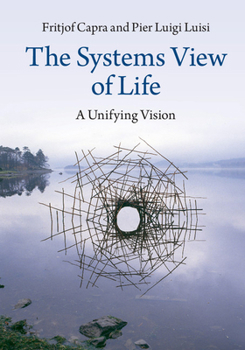
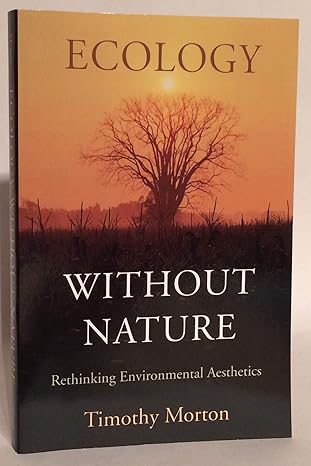
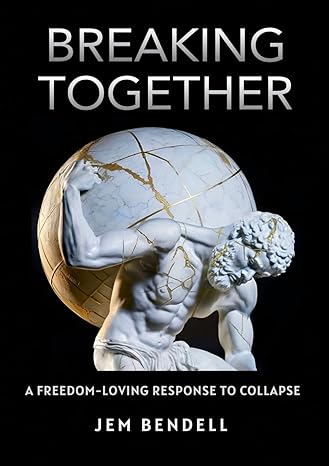
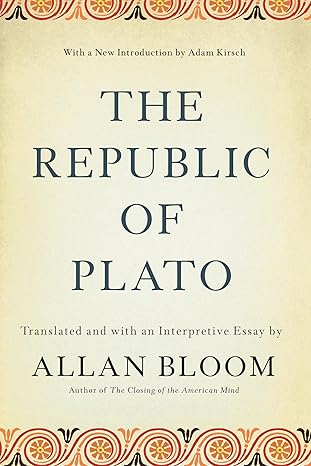
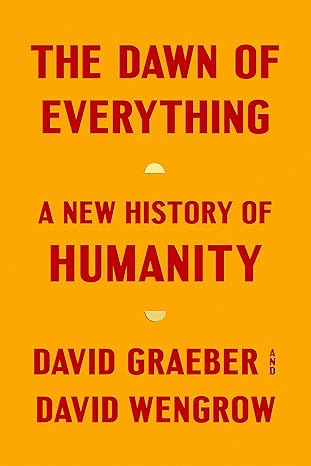
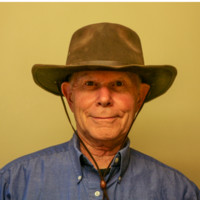
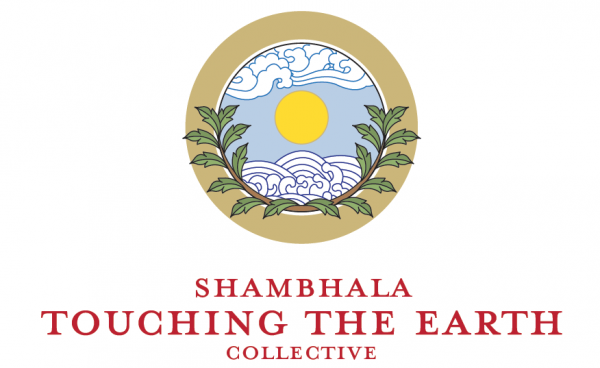




Sep 13, 2024
Reply
Hello Dickie,
Thanks for sharing these books that you have been reading and thinking about. My reactions:
The Systems View of Life: A Unifying Vision, Fritjof Capra, and Pier Luigi Luisi. I have been skeptical of Fritjof Capra dating back to his first book. Seemed too woo-woo for me.
Ecology Without Nature: Rethinking Environmental Aesthetics, Timothy Morton. Looks quite interesting.
Breaking Together: A Freedom-Loving Response to Collapse, Jem Bendell. I guess it makes sense to look ahead to the worst case scenario. But are we doomed?
The Republic of Plato, translated by Allan Bloom, As the years go on, I respect the wisdom of the classics more and more. They have a lot of clarity.
The Dawn of Everything: A New History of Humanity, David Graeber & David Wengrow, I loved this book! Shows examples of the amazing creativity of society in various circumstances. We are not doomed.
Keep sharing!